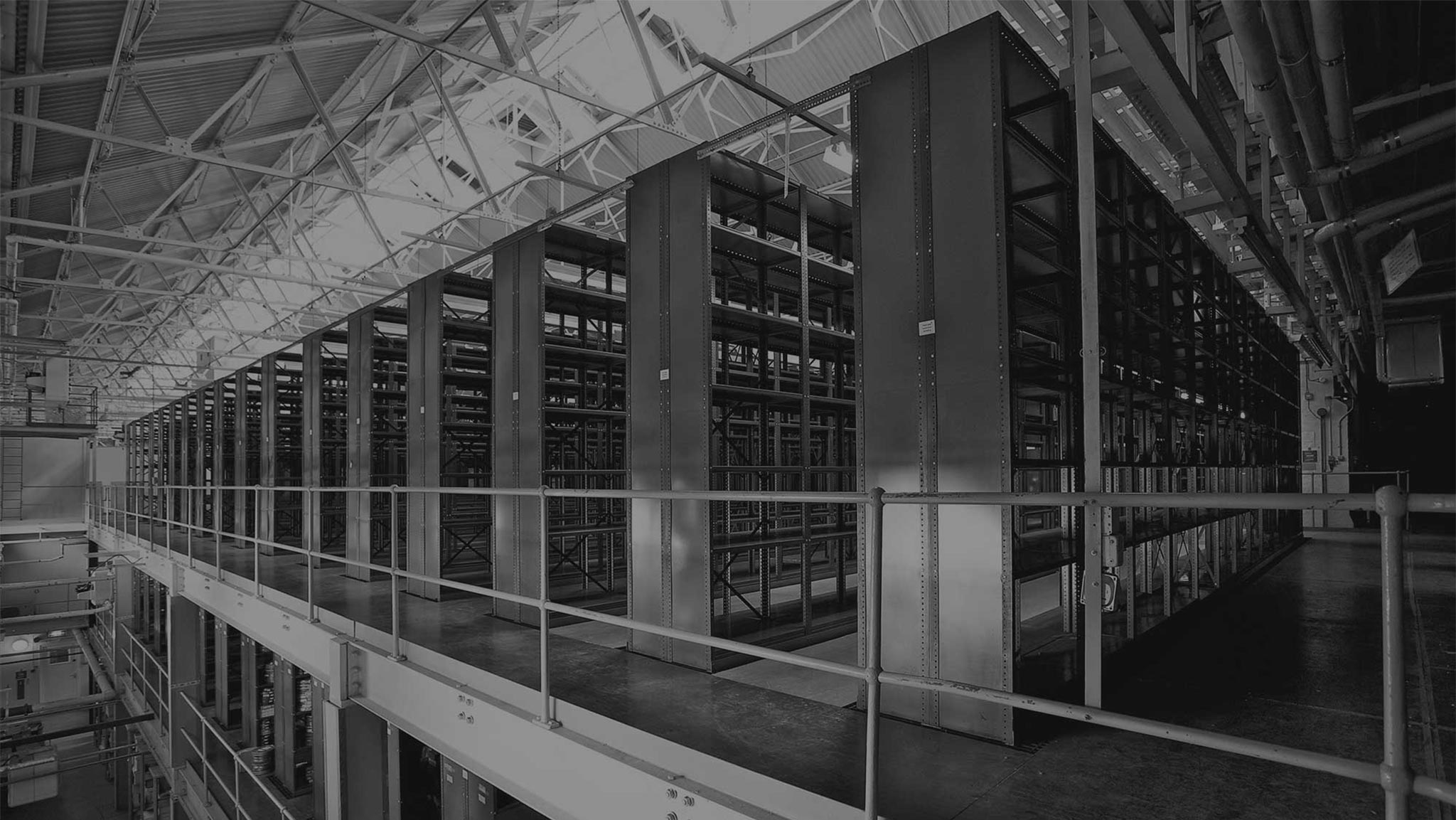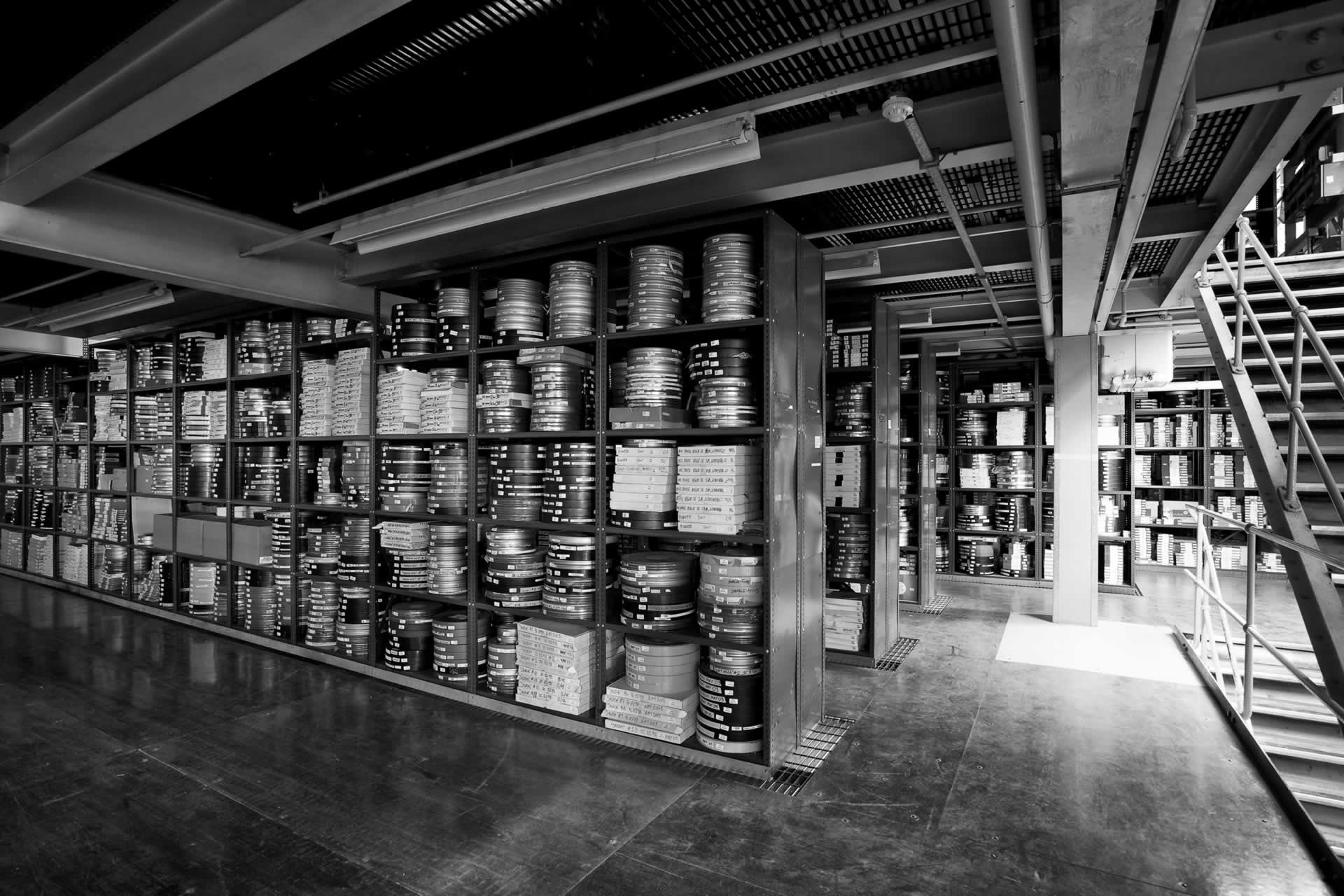What Electronics Can Be Recycled?
If you are having an annual workplace clear-out or spring clean, you will almost inevitably stumble across electrical items that you and your team no longer use. From old computers to forgotten telephones, discarded monitors and damaged light bulbs, you’ll likely find plenty of obsolete equipment during your search.
You might be looking to use these things again once any necessary repairs have been carried out – it may be that you’re looking to source long-term business storage so that this can be tackled at a later date, or until you send older items for recycling.
Depending on the items in question, your options may be somewhat limited. Not all electrical items are repairable; some may never be required again, making storage potentially irrelevant, and others might be unsuitable for recycling, making disposal more challenging.
Luckily, the majority of your workplace electronics can be safely recycled, helping you to free up space and do your part for the environment.
If you come across something that cannot be recycled but is taking up valuable office space, you can speak to a team like ours for a host of storage solutions that allow you to store items offsite for as long as you require.
Read on to find out what can be recycled, and what you may need to source suitable archiving and storage for.
Which electrical items from the office can I recycle?
Innovation and smarter build processes have enabled many electrical items to be built with recycling in mind. What would previously be left sitting in a stockroom or a cupboard for months on end can now be given a new lease of life as soon as it is no longer needed.
This means that almost anything with a plug, batteries or charging cable can be recycled, such as the following commonplace office equipment:
- Printers
- Laptops
- Desktop computers
- Smart devices
- Mobile phones
- TVs
- Speakers
- Headphones
- Cables
- Kettles
- Vacuum cleaners
- Coffee machines
- Toasters
- Microwaves
- Fridges and freezers
Of course, not all of these items may be found in your workplace but in most cases, you’ll likely discover at least some of them. One additional check you can complete to ensure recycling is possible is to hunt for the crossed-out wheelie bin symbol on an electrical device. If the item displays this symbol, then it cannot be disposed of with regular rubbish and should instead be recycled.
What electrical items can’t you recycle?
Even though the list of electrical items suitable for recycling is vast, there are still some items you cannot send to a recycling facility. It is a relatively short list, and you may need to consult the manufacturer’s handbook to check if recycling is possible.
As a guide, you cannot recycle any of the following:
- Electrical items containing lead: old TVs (known as CRT TVs) and old battery types contain lead and cannot be recycled
- Electrical items containing mercury: like lead, mercury is dangerous. As a result, fluorescent light bulbs and certain switches cannot be recycled
- Electrical items containing specific chemicals: some electrical items contain specific chemicals to help them function. These can be extremely damaging to individuals as well as the environment and require specialist disposal
How do I recycle electrical items?
There are plenty of options for recycling your electrical items, making the process relatively straightforward. Across the UK, there are a number of recycling centres where items can be sent. You can find your nearest one by using the recycling locator search tool on Recyclenow.com. This will then confirm if your item can be recycled and where you can take it.
Should you be buying new electricals to replace the old ones, the retailer is duty-bound to take your old items and safely dispose of them or recycle them. This only applies when you buy a new version of the old item. You’ll need to check with your retailer for the specific details as some items require a chargeable collection to be arranged.
Before submitting anything to a recycling centre, you should factory reset any items that may hold sensitive data. If an item contains a hard drive, it may be best to source secure hard drive destruction from a specialist shredding service. That way, you will ensure that no trace of the old data can find its way into the wrong hands.
Batteries should also be removed before you head to the recycling centre where possible, and if you’re looking to recycle a printer, make sure that any ink cartridges or memory cards are removed first.
Finally, if you are looking to recycle electrical items containing data you may need again in the future, back up the files or transfer any data before organising the disposal of the items.
Alternatives to recycling your electrical items
If your office clear-out uncovered items such as kettles, toasters, speakers or any other electrical items that do not store data, assess them to see if they can be used again. Charity shops or someone you know could benefit from these items and save you from having to source a recycling centre. You might need to check they still work or obtain a new fuse for a plug, but this extended lease of life could help you clear significant space.
In some cases, you might not be ready to recycle any of your electrical items and could find use for them in the future. When this is the case, speak to a storage specialist like Stockroom London. We can safely hold your items in our secure facility where they are monitored by CCTV and made readily available for when you require them again.
If the same office overhaul has uncovered non-electrical items, such as disused office furniture, you can also count on us for storage for furniture. We’ll keep your items safe and secure, and even collect them if you need assistance in moving them from your workplace.
If you are looking for long or short-term storage solutions for your workplace equipment, contact Stockroom London today to see how we can help. Our rapid collection and storage of your items ensures minimal disruption and maximum compliance.




